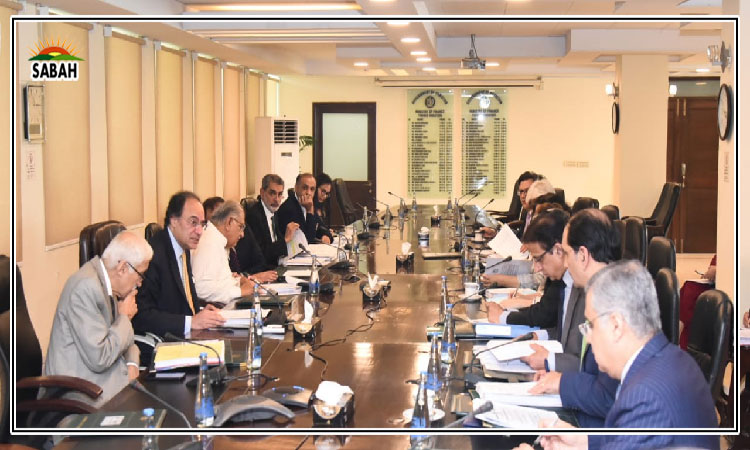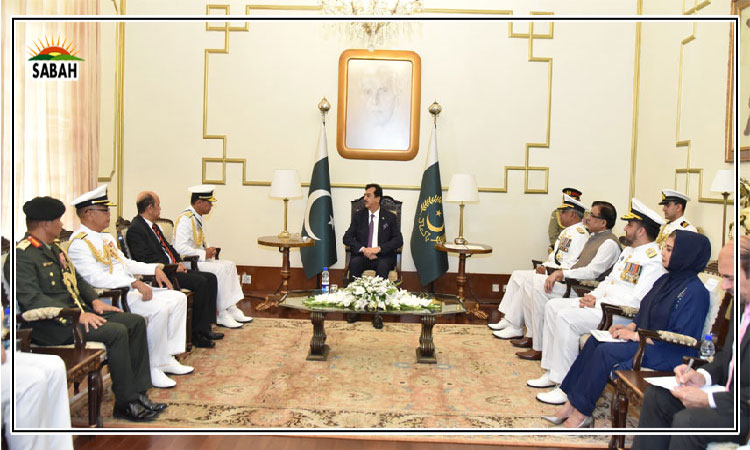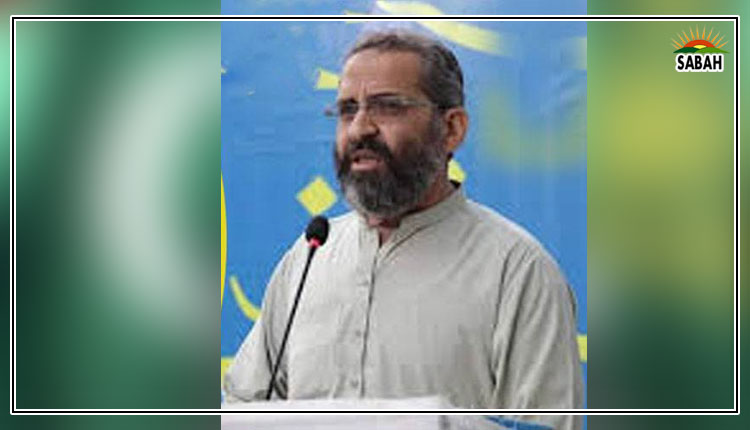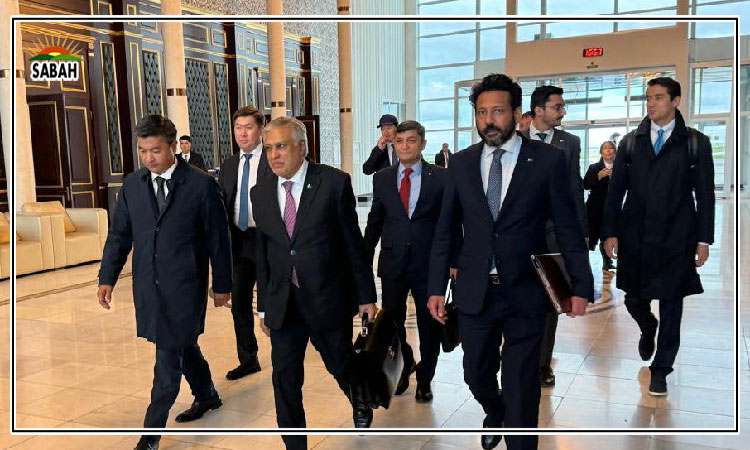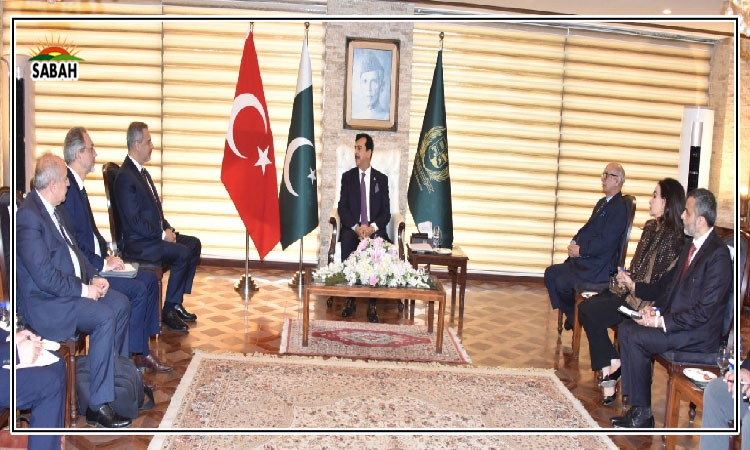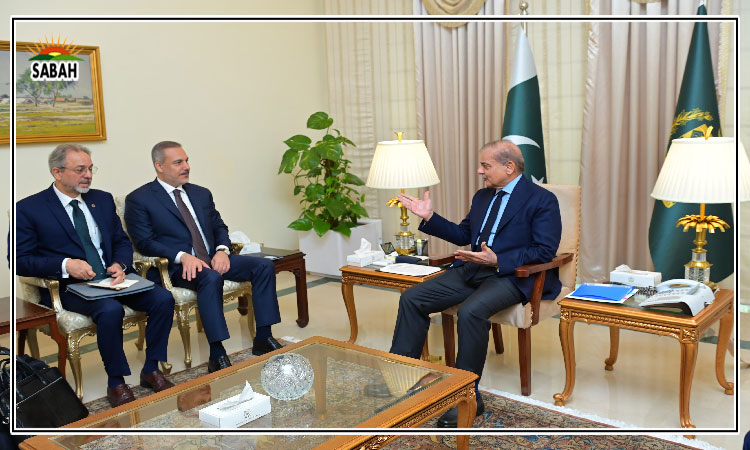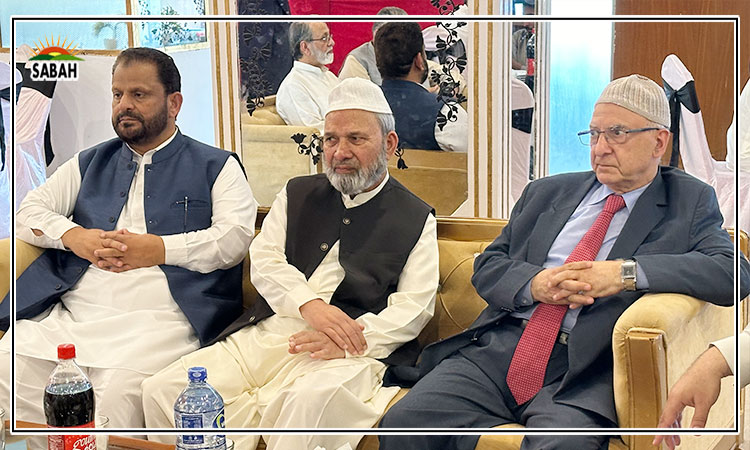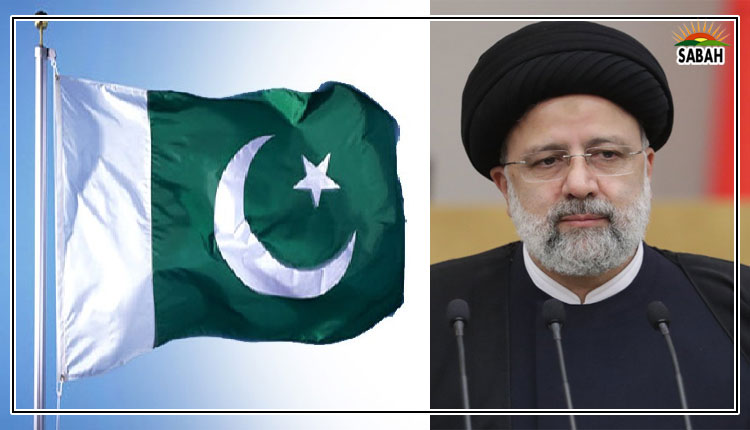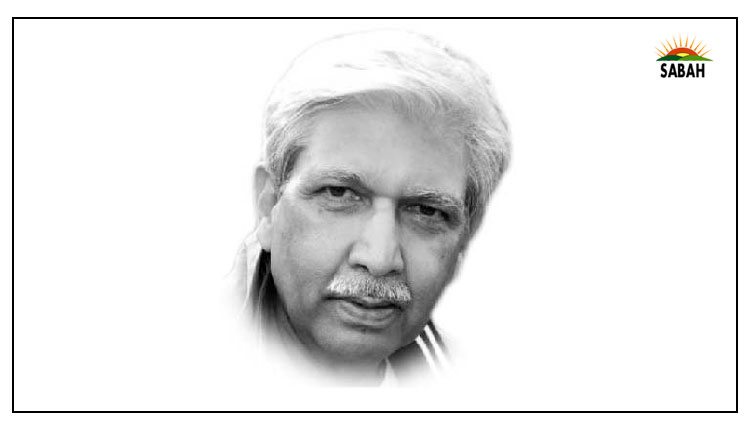Governing with limited resources …Shahzad Chaudhry
That’s the blueprint Pakistan needs to develop and pursue. Already on the verge of a financial if not an economic collapse, its forex reserves are literally all borrowed and extremely meagre. Country’s economy is on IMF enabled resuscitators and it is selling its silver to keep from drowning and keeping afloat. That’s the truth staring us in the face. Not false hopes nor crafty narratives can hide this truth. Only honest introspection and acknowledgement of the direness inherent in our national and institutional system of governance will. It is time to respect dismalness and, based on its reality and extent, chart our way out. Just as an analogy not every nation is in the race to reach the moon nor conquer space, most are eking out merely a safe future for their people. That is what should guide us through this most testing phase of our national journey.
There are, however, inherited structures which hold this edifice together and if strengthened and used with a certain imagination and purpose can help rebuild those aspects essential to establish a nation’s promise and potential. The bureaucracy as a vehicle of governance and administration remains in place as do its structures. And, even if it seems mellowed out or compromised because of excessive political interference and corruption, it still can deliver the all-essential feel of a better administered nation if not a rapidly developing one.
One essential that any society must carry is discipline and rule of law. Discipline as a societal attribute is a product of enforcement which can then turn into a collective attitude. Adherence to traffic rules, following municipal directions for cleanliness and waste disposal, filing tax returns when due, and digitisation of socio-economic activity through institution of enabling infrastructure and its habituation over time help induce discipline. If we can turn this corner, we will become a greatly more efficient society. When we as a habit follow laws and rules governing collective space, we could hope to be a progressive nation one day.
Bureaucracy is the tool to deliver this essential. Yes, it has stood compromised under an adulterous political environment but the make-up of this entity even as it stands can be easily returned to its exceptional record of decades. Leaders in provinces — ministers and chief ministers — will though need serious retraining in their purpose and manner if they wish the bureaucracy to deliver differently. If bureaucracy needs a legislative cover to perform uninhibitedly the parliament should take that as a priority. The parliamentary representatives will first need to shed their legacy recourse to favour appointments and postings of their preferred choices in districts and constituencies to facilitate their personal or tribal tasks.
Maybe, lack of resources in the current environment of fiscal restraint will force them to think differently. Development funds placed in the hands of every legislator as political bribe will need to be shelved if it isn’t already a compulsion — the last Shehbaz Sharif government of the PDM handed out billions to each legislator as the party approached 2024 elections while the country survived a near-default. Considering the debt pile and country’s dismal financial state, any allocation must be only for projects which engender growth or those that are important to complete growth-supportive infrastructure. No new project should be entertained. PSDP will thus need to be slashed and instead restorative funds in the lower order, purposefully targeted and tightly controlled, must be instituted. We need to pause major inductions to create space for consolidating what already exists. This should be our guiding mantra for the next ten years at least before the country can regain its financial viability.
This scheme of a relative less enterprise in material terms is widely implementable across the various collective forms of societal existence and common ownership. The education sector can serve as a useful example. About 26 million children in the age group 5-16 out of schools makes Pakistan a prominent laggard in this sector. A country-wide attention to this cataclysm is urgently required. The usual resort of perfunctory governance has been to announce some catchy scheme like Danish schools meant to bring about an educational revolution. Far from it. It remains patent wizardry that political conmen indulge in. Huge allocations to preferred contractors of both brick and mortar and those peddling education as a commodity are pilfered away as government schools, owned and operated by the government lie abysmally unattended in all aspects. The rich buy their way into education for their children while masses who depend on government institutions are most poorly provided which keeps them and their progeny forever strangled in persistent poverty.
This is what may be instead done. A government with limited resources should provide existing government schools with all that may be missing in enabling reasonable education standards and environment; use the premises optimally for more than one shift — three where possible (school hours can be reduced in junior classes to provide for three shifts in the same building) enabling more children to enroll; hire more teachers to meet the shortfall ensuring a good quality of inductions; establish Teachers Training Institutes or mechanisms within the school administration headquarters without resorting to newer and flashy buildings for the purpose; incentivise raise of grade and pay-scale of teachers on the basis of their performance and scrutiny in Teachers Training programmes.
Even more importantly, reframe the criterion to define a literate person — any person categorised as literate should have qualified minimum ten years of school to be eligible for a job in the government. Jobs around skills should always be accompanied by minimal educational level of a high school. These steps under frugal conditions will need commitment, involvement, ownership and dedicated engagement to deliver a most desperate societal revolution. If we have a literate society, even if to minimal standards, we can hope to have a more productive economy and far more fruitful politics where common man will force policy focus to be centered on his welfare.
This model can be replicated in each area of human and societal engagement like health, police and services enabling more fruitful returns to the common man replacing the culture of abject dismissiveness. Rather than inaugurate newer or refurbished centres of one service or another or establish Danish schools, simply maintaining and enhancing quality of what we already have can work wonders at minimal cost. Most money is pilfered in lavish handouts in the name of newer projects that will soon be put to rot when another set of conmen take the helm. The solutions are there and feasible in an environment of limited resources only if the intent is right. To misled politics though all is fair in this desperate race to climb the populism ladder.
Courtesy The Express Tribune, May 10th, 2024.


